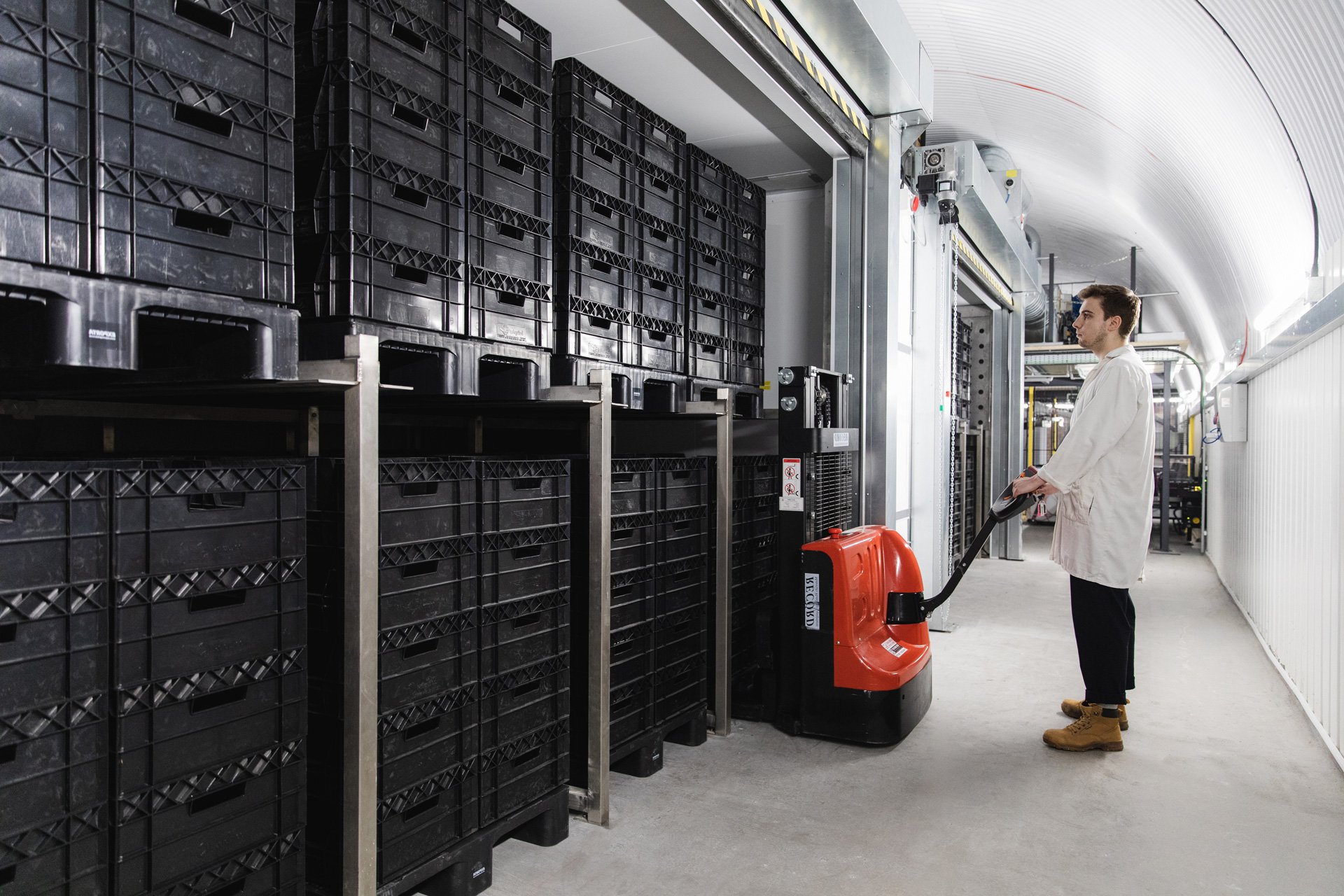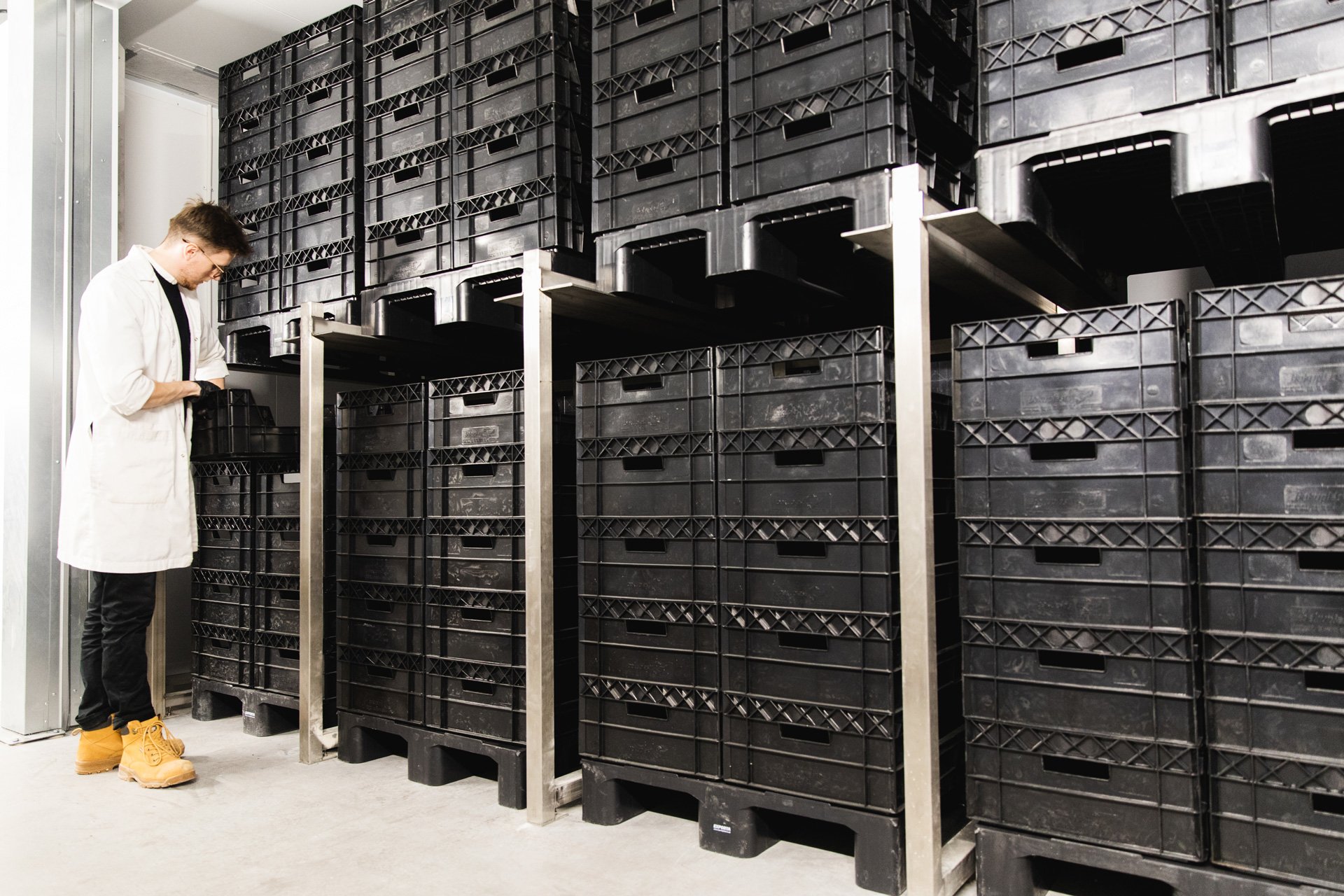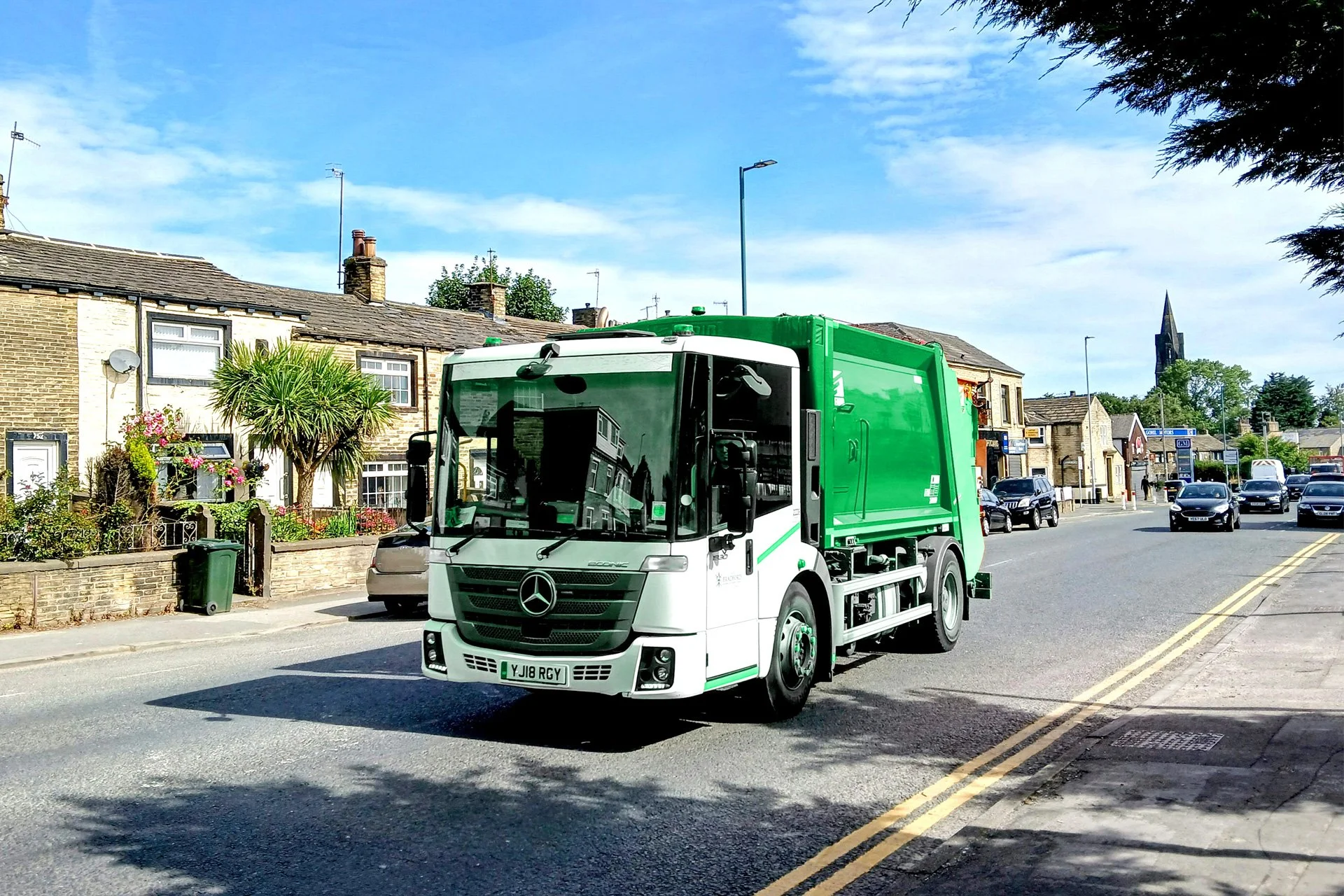Your trusted partner for successful insect farming
Who benefits from our technology and services?
What we do
-

End-to-end insect farm solution
Our insect farm solution turns food waste and byproducts into high-value, low-carbon products for animal and plant nutrition.
-

Insect technology
Our proven technology and equipment deliver precision and reliability throughout the black soldier fly larvae production process.

Customer Spotlight
The Colony
Our dedicated team of industry experts collaborates closely with you to find the right solution for your business.
Our mission-led company consists of talented and experienced individuals from the fields of entomology, engineering, automation, and the animal feed and pet food markets. These skill sets combined ensure we can cover all aspects of planning and delivering a successful insect project for our customers.
Frequently Asked Questions
-
Black soldier fly are considered by many to be nature’s apex recycler – a tiny yet robust insect perfectly designed to rapidly turn any organic waste into valuable protein. For this reason, the black soldier fly is currently the most widely farmed insect species worldwide.
-
Entocycle offers end-to-end insect farming solutions and services to farmers, food producers, waste management companies, entrepreneurs, and insect companies.
-
The life cycle of the black soldier fly consists of four main stages: egg, larvae, pupae, and adult fly. The larval growth stage is where the majority of biomass conversion takes place, with larvae feeding voraciously and swiftly gaining weight. BSFL will gain approximately 5,000 times its body weight during this phase.
-
Permitted feedstocks for insect bioconversion will depend on your country or jurisdiction’s regulations. In the UK and European Union, insects are considered ‘farmed animals’ – which means that the feedstuff used in insect farming has to follow the safety standards applied to other farmed animals, such as chickens or pigs. Therefore, the substrate for feeding insects intended for processing into PAP (processed animal protein) may only contain products of non-animal origin (permitted examples include brewers’ grains, dairy by-products or vegetable by-products) with a few exceptions.

Ready to enter the fast-growing insect farming industry?
Get in touch, and a member of our team will get back to you shortly.








